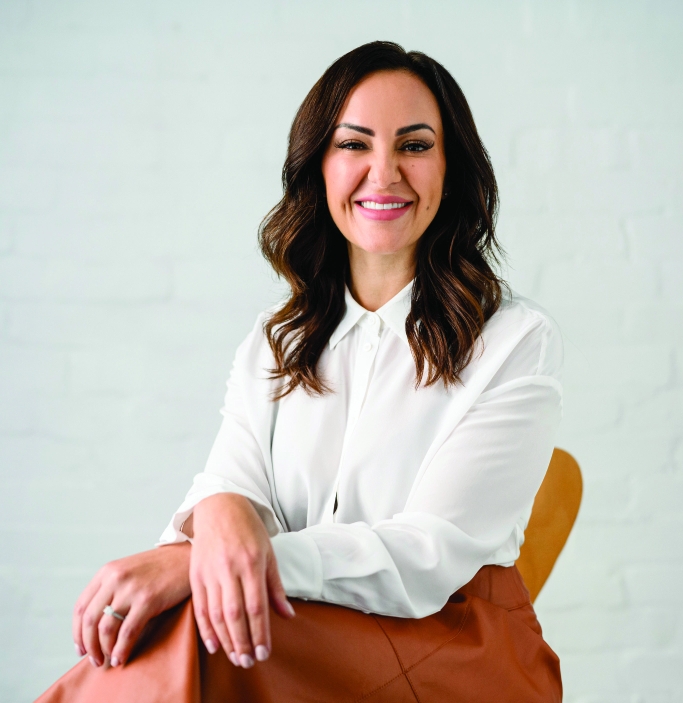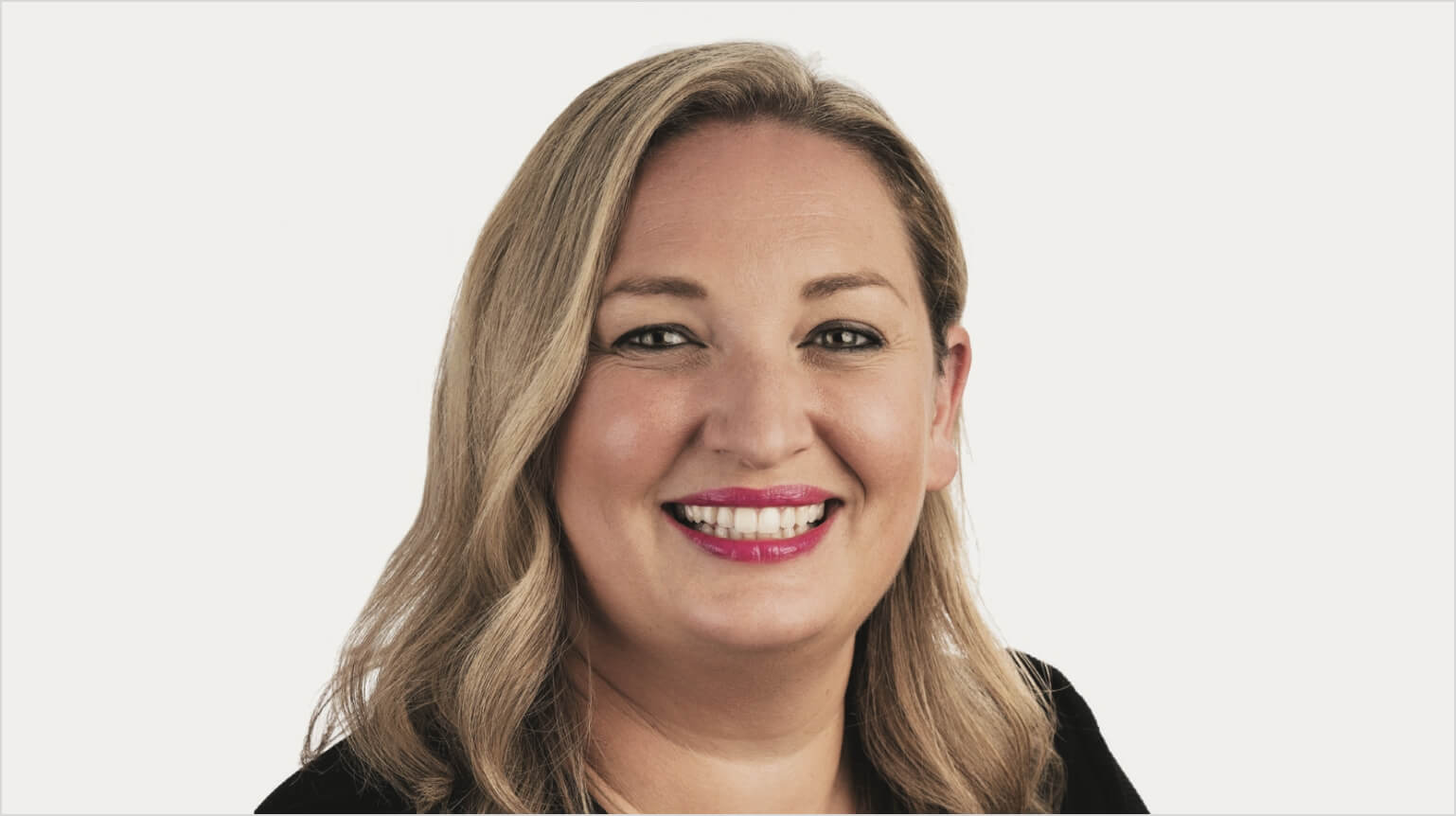"
You can do really well in broking, but you’ve got to give it everything.
Q: What was the biggest challenge in setting up your own business?
The most difficult was changing aggregators. What I didn’t realise is that I had to re-accredit with all of the lenders. That was unexpected and very time-consuming and frustrating.
Going from franchise model to [my own business] was also another frustrating long journey because there’s so much that needs to be changed in the background with AFCA and licence numbers. We had to go offline for five days [because] we couldn’t use our CRM, which terrified me. We had to use it as an opportunity to work on some marketing stuff and planning days. It was a long process, but with the right support from the aggregators you get there, it’s just a bit overwhelming.
Q: How did you expand your team?
I have offshore staff only and that’s something I [did] due to lack of funds initially when I was at Yellow Brick Road and then it developed into something more when I moved to Loan Market. I’ve got three support staff now and that’s a really big part of what I do.
I’ve got a senior mortgage consultant, which I label as a parabroker, a mortgage consultant that I’m training, and my onboarding staff member who welcomes the client into the business.
There’s a lot of project management there. They’re fantastic superstars. They work so hard, but they like guidance so there’s a lot of project managing, office managing that I need to do. It does have its benefits. It does come back.
Q: What have been gamechangers for your business?
I’ve introduced an extra step with clients before I’ll even let a deal convert. When I do the strategy with them, I give clients a spreadsheet… and ask clients to be really real with themselves and put their actual living expenses in there.
I think where it’s really pertinent is all these people coming off these [super low] fixed rates. They really do need that clarity and that reality shock of what the new mortgage is going to look like. So, there’s a chart on there as well, so that they can see quite visually where they may be blowing out and if they do need to adjust their lifestyle.
I want them to think: “Can I afford to do what I’m doing here? And do I feel comfortable with that?” [If they don’t], I say: “Let’s meet again and let’s adjust the numbers so that you do.”
Of course, that means it’s slower to convert… But I do feel like I’m looking after my clients and I’ve got a lot of positive feedback from that.
Q: What are your top tips for brokers?
If it’s the beginning of your journey, don’t assume that you can do it part-time.
I speak to a lot of people … and they think that they can do it on the side while being an accountant, while being a financial planner, or while working for a bank. It’s not that way. You can do really well in broking, but you’ve got to give it everything.
For the established brokers, in terms of advice, adopt the tech. If you don’t move with the times, you’ll fall behind. We’ve seen such a rapid growth in the use of technology. AI is coming in and that’s certainly something I’m playing with. You’ve got to upskill, you’ve got to learn this stuff, or you won’t thrive.
"
You can do really well in broking, but you’ve got to give it everything.

Tune in to hear more!
Find out more about how Lisa Bridgett is planning on expanding her business by listening to the Elite Broker podcast episode, How this broker is evolving her brokerage, here.






